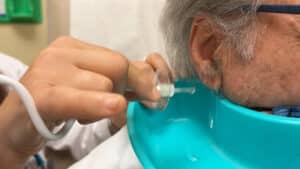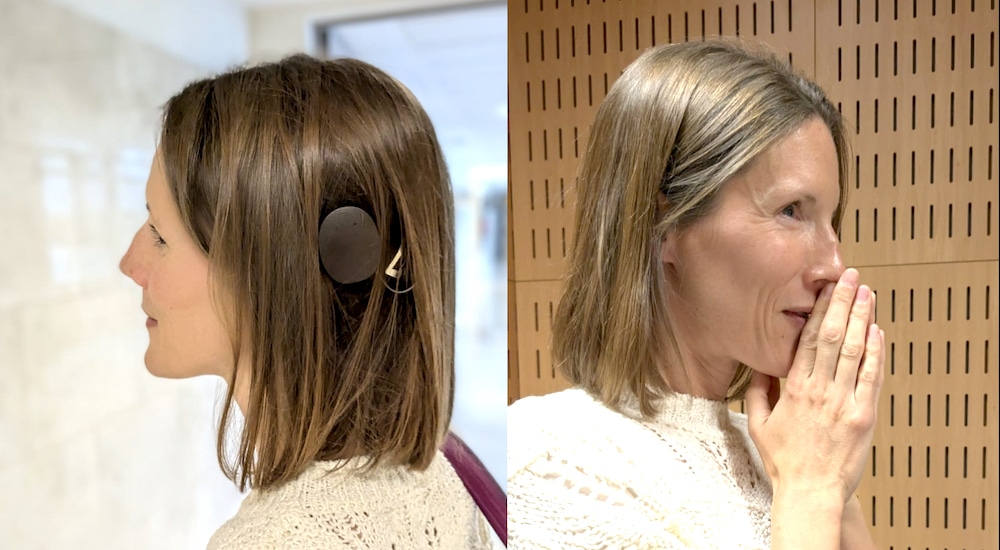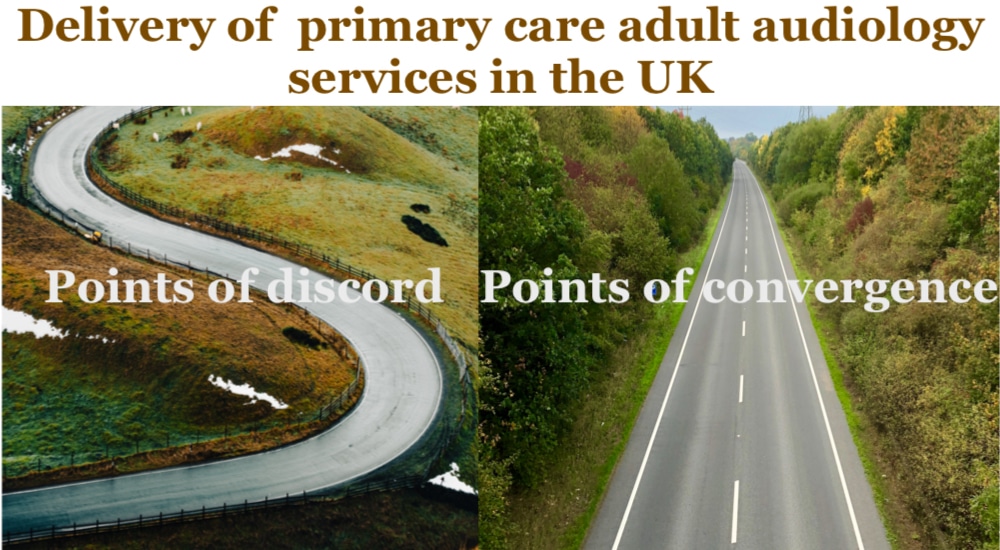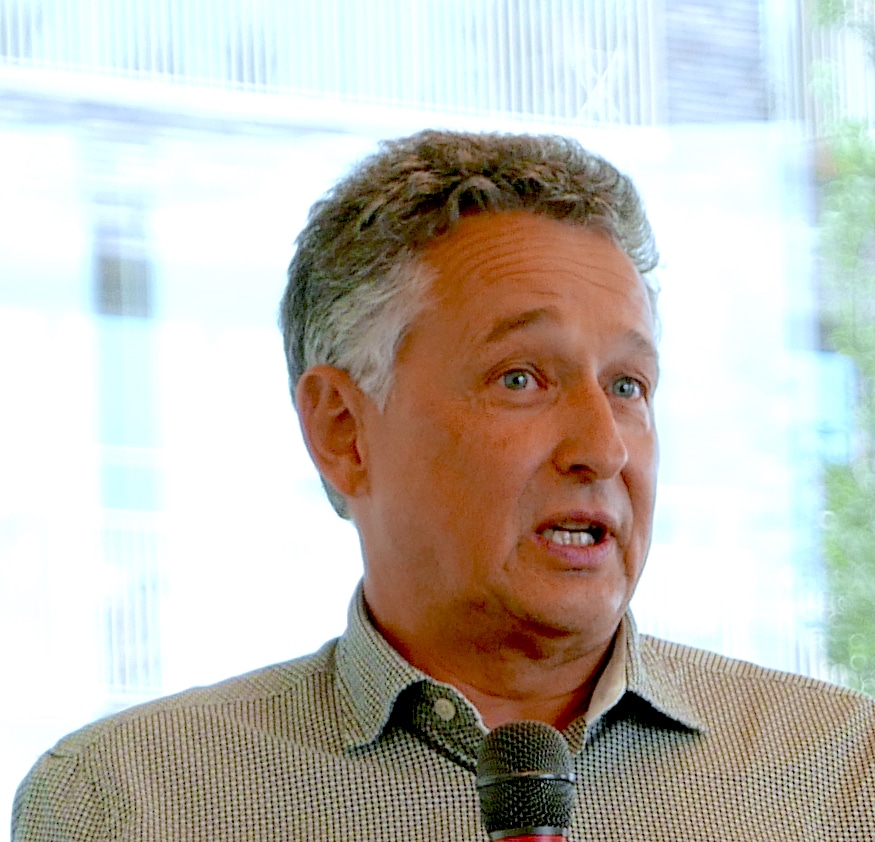WANTED: OPINIONS TO DRIVE POSITIVE CHANGE
The UK hearing industry wants feedback from the profession on hot topics affecting the successful delivery of audiology. How can you take part in the 2024 BIHIMA Audiologist Survey?

BIHIMA-the British and Irish Hearing Instrument Manufacturers Association-has revealed initial findings from its 2024 Audiologist Survey, highlighting some of the biggest issues impacting the hearing loss profession.
The annual survey calls on hearing care professionals from around the UK to share their views on key issues and kick-start conversations around opportunities for improvement.
“This year, we have expanded the questions asked in the survey. Responses so far have been interesting, with clear themes coming up around the challenges currently facing the profession,” said Paul Surridge, BIHIMA Chairman.

PW
Paul Surridge, Chair of BIHIMA
“Common issues include the continued pressures of staffing, wax removal management, and waiting lists – something we’re seeing from both NHS audiologists and those in the private sector.”
Early feedback suggests wax removal is key concern
BIHIMA is now sharing a small selection of survey feedback in the hope that more people working in hearing care will put themselves forward to share their views.

Getty Images – Jodi Jacobson
Early feedback reflects the concerns of many audiologists about patients’ vulnerability to unregulated earwax removal services.
The issue of wax removal services and how these can be best managed has garnered a great deal of attention in the survey so far. Concerns around safety, training and funding – that have been aired in the profession for some time with no changes yet on the horizon – showed up on multiple occasions, with one respondent saying: “We need wax removal to be brought back within primary care and free for audiology patients to access. In addition, the government needs to completely review the training routes into wax removal as the current business model sees people with absolutely no prior audiology experience doing a 2-day course and then setting up as wax removal specialists – some even working within pharmacies so this confuses patients into thinking they are healthcare professionals. I strongly feel that this is a massive risk to the public.”
Waiting lists are an ever-present concern within the NHS, with median waiting times standing at 14.5 weeks. Though NHS England is currently not publishing data on audiology waiting times, we know from anecdotal evidence that they are still a worrying issue for audiologists and survey respondents have shared the view that waiting lists are a factor negatively affecting their services.
One respondent said: “Waiting times are problematic, especially regarding referrals for further investigation of asymmetrical hearing losses and conductive issues. This impacts private services, as we are unable to continue with management unless we are told that it is safe to proceed.”
Another said: “Hearing care has very much become a postcode lottery. Some of the areas covered by the trust I work for tend to have hearing instruments fitted well within the 18-week target; however, others are very much over this.”

id-work – iStock
The lack of new recruits for audiology
One of the other leading concerns raised in the first cohort of survey responses focused on staffing and the lack of audiologists coming into the profession. The consensus was that staff morale and retention, workloads, and pay scales meant that there was a considerable need to increase the number of people in practices in order to manage the volume of work.
One respondent said: “The pressure to reduce waiting lists is so great that management is reducing appointment times and squeezing in more appointments so that we have less and less non-clinical time for patient-related admin. This is affecting morale, and we are losing staff frequently to the private sector, which then puts more pressure on the service.”
The survey is still open and BIHIMA is encouraging professionals working in the profession to share their honest thoughts and be part of the wider conversation about the future of audiology.
Paul Surridge commented: “The audiologist survey we undertake is a crucial part of the BIHIMA calendar – it is an annual project to gain feedback from the profession on hot topics affecting the successful delivery of audiology. Our aim is to help drive positive change in the sector that benefits both patients and the profession.”
To take part in the 2024 BIHIMA Audiologist Survey click here:
Source: Audiology News UK issue 11 November-December 2024


